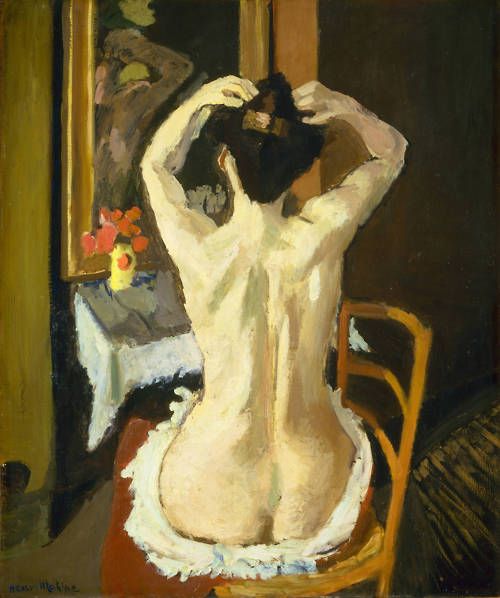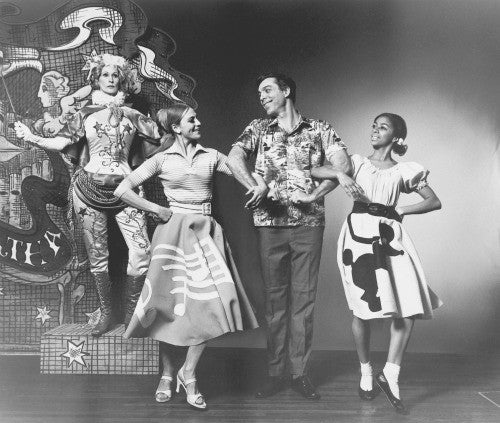I Am What Is Missing: Our Stuff, Ourselves
A few years ago, I was teaching a middle school writing elective at a well-regarded summer camp for the arts. The students in this class were not primarily interested in writing: they were there as young musicians, or dancers, or studying “general arts” which usually meant their well-off parents thought it more edifying for them to draw with charcoal and write poems and create spliced-together musical theater out of the latest pop songs than to let them spend the summer watching TV and lighting matches in the backyard.
I Am What Is Missing: Our Stuff, Ourselves Read More »
A few years ago, I was teaching a middle school writing elective at a well-regarded summer camp for the arts. The students in this class were not primarily interested in writing: they were there as young musicians, or dancers, or studying “general arts” which usually meant their well-off parents thought it more edifying for them to draw with charcoal and write poems and create spliced-together musical theater out of the latest pop songs than to let them spend the summer watching TV and lighting matches in the backyard.








